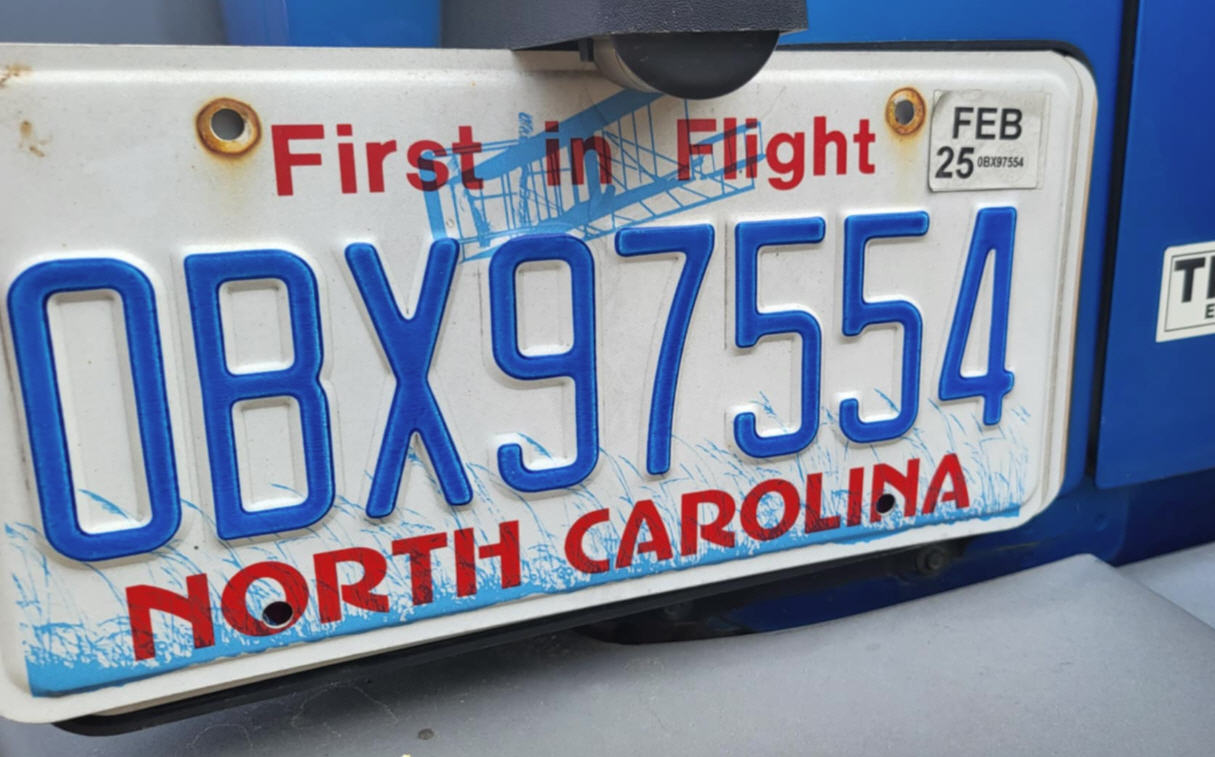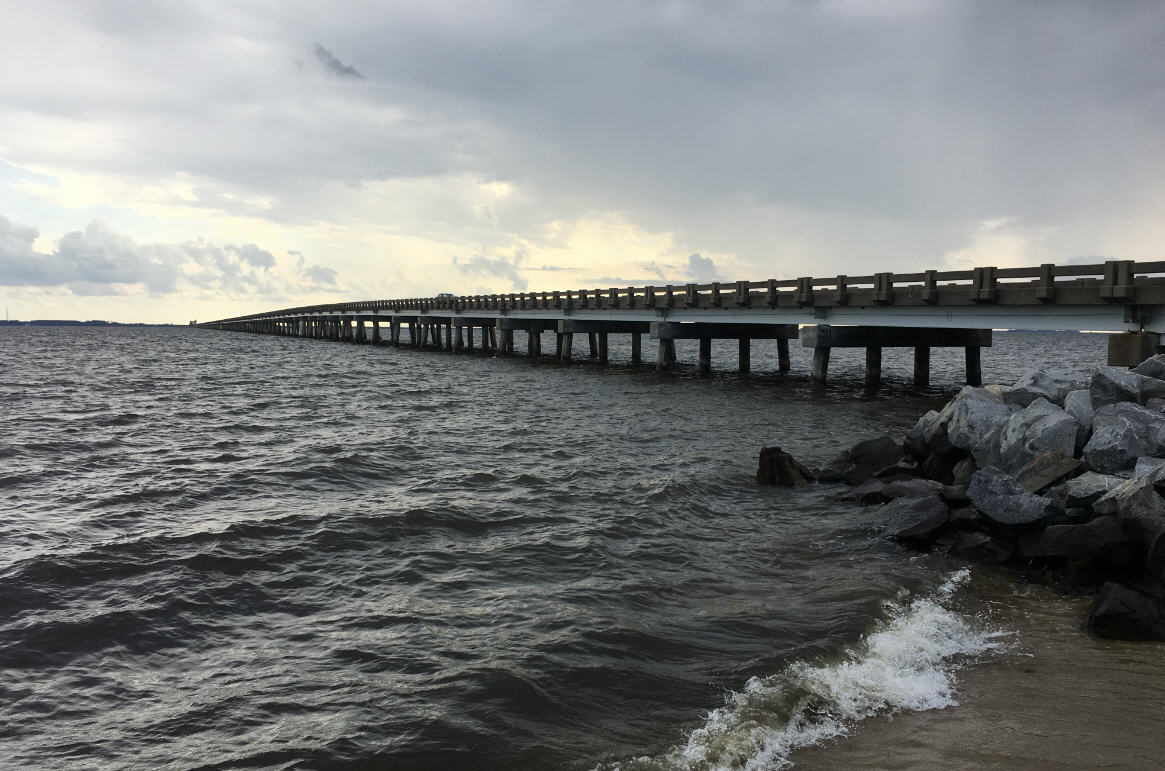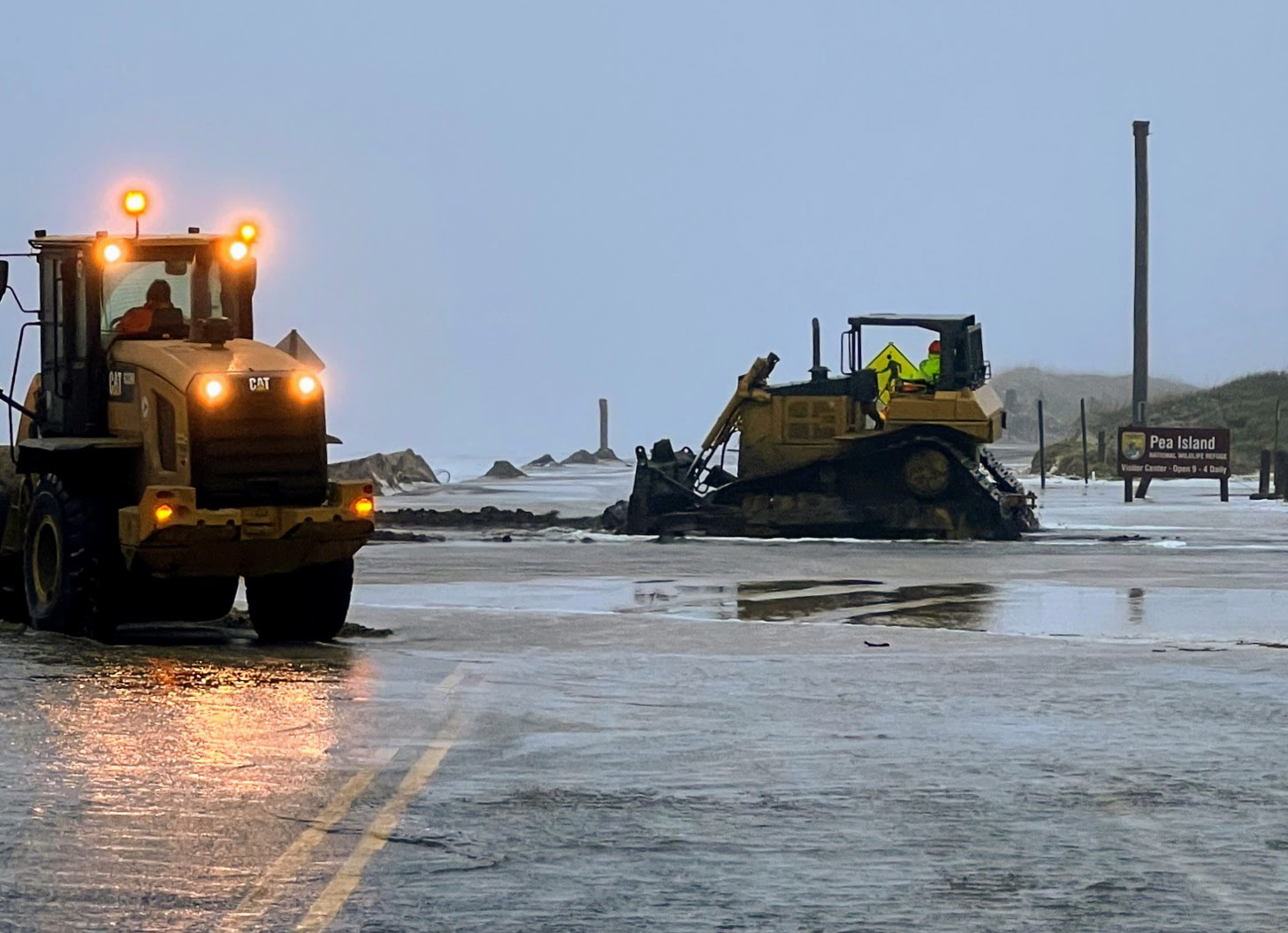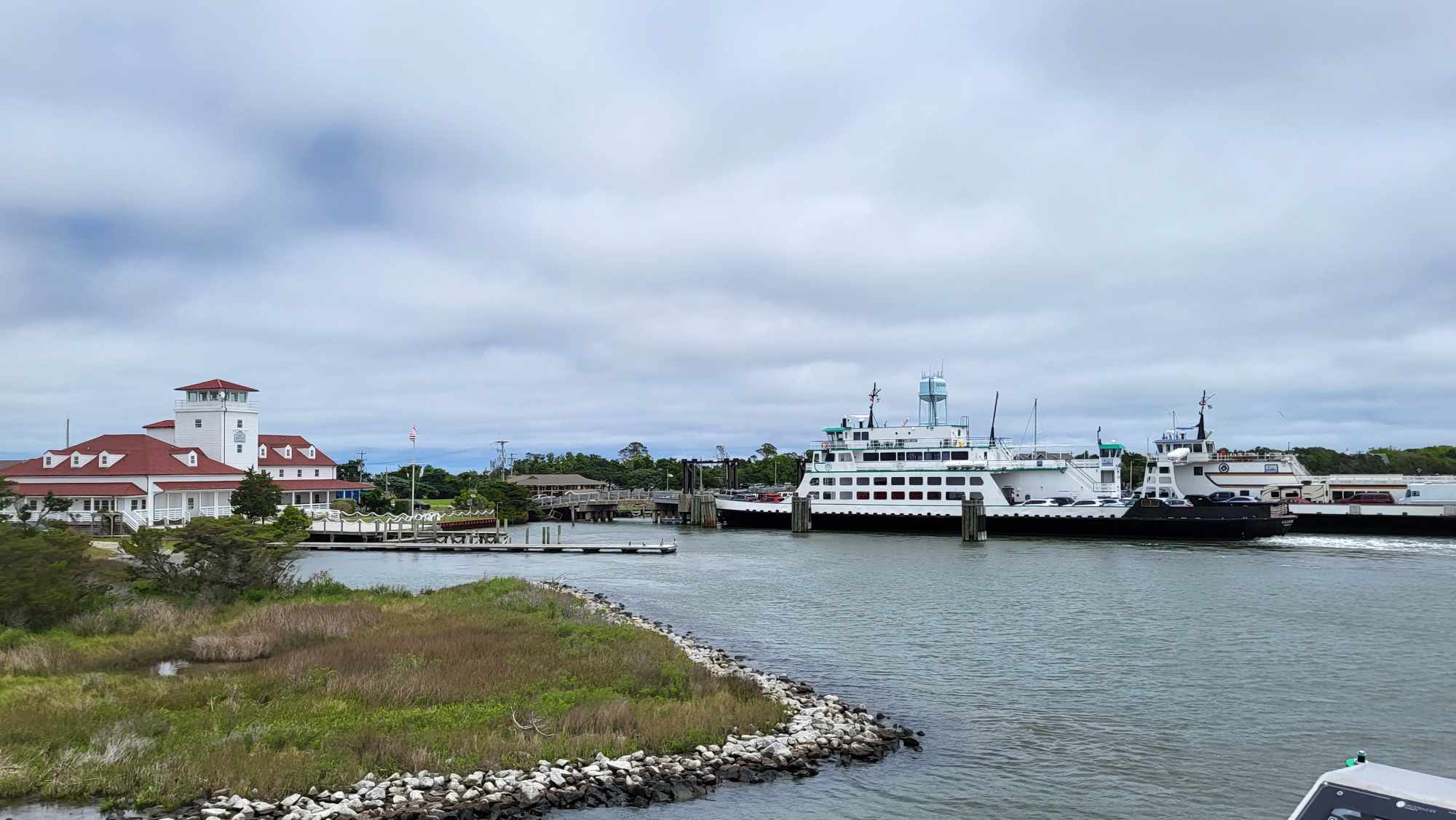Guest Column: ‘Breast cancer’ doesn’t have to be an ugly phrase
Don’t confuse all the talk about “Get Pinked” with being tickled pink. There’s a world of difference.
For the next 12 weeks, readers of the Outer Banks Sentinel and other local media will learn why being involved in The Outer Banks Hospital’s Development Council’s Get Pinked campaign isn’t just about women who deal with the knowledge that they have breast cancer. When the big “C” word comes into the lives of women — and sometimes men – the impact is on the victim’s entire family, their network of friends, and their colleagues.
When I was told that I had breast cancer, my first thought was about my children, all teenagers at the time. What would happen to them if I was no longer there to care for them? How would they deal with the news, and how would I reassure them without possibly misleading them about what the future might hold?
All three of them seemed to take the news well and didn’t ask questions or want to talk about it. Instead, they were overly attentive and wanted to wait on me constantly. Somehow, the word had changed our relationships, and I didn’t like it. You never miss arguing, loud music, and all the other things that teens do until they disappear. They were afraid and didn’t know what to do to make things better — make things normal again.
And there were my parents. I didn’t want to cause them undo fear or hurt, but I knew that the news would result in both for them. It did. They tried to be upbeat and say everything was going to be okay while avoiding any conversation about what the real possibilities were.
While these reactions were immediate and predictable, there were some that came as surprises — and not the nice sort.
I was told the news late in the day on a Friday and immediately called the executive editor to let him know that they were going to operate the following week. I was a bureau chief at that time and worked out of an office in a different location from the main newspaper.
On the following Monday, I went to the main office to wrap up some things and make sure that events and stories that needed to be taken care of over the next couple of weeks were covered.
Before my arrival, the executive editor told the newsroom staff so that they would be aware of the need to jump in and help cover my beat.
Usually on my rare visits into the newsroom, there would be comments and jokes directed toward me. But not this day.
There was mostly silence and several noticeably turned their heads so that they didn’t have to acknowledge my presence. It startled me, and my first thought was that they were afraid it was contagious. I went into my boss’s office and asked him what the deal was, and he quickly assured me that they weren’t afraid of catching anything. They just didn’t know what to say and didn’t want to upset me.
I walked back out into the bull pen and began talking to them about it.
When they realized that I wasn’t going to freak out talking about it, they began to ask questions and offer suggestions. After a few minutes, one of copy editors said that she was certain that in the future, I would be able to announce that I was a cancer survivor.
I was pretty much horrified. Why would I want this disease to define who I was?
It’s been 21 years since the “C” word came into my world, and I’ve learned a lot since then. Breast cancer doesn’t have to be a life sentence, and there’s more to a body than breasts.
If I received the news today that I had breast cancer, my first fear would be of isolation. In some ways, that was the worst part. No one around me seemed to be able to just talk to me about it. It wasn’t selfishness on their part. They just forgot that they were still talking to Sandy, not the Cancer Lady.
Almost everyone knows of someone who had or will have breast cancer.
Remember that the disease doesn’t change or define who they are.
Encourage them to talk about how they are feeling, what their fears are and what they think tomorrow may bring.
Early detection can and often does make the difference in the outcome so encourage those around you to get regular exams.And let’s all work together to find more cures and even possible prevention by joining “Get Pinked.”
How can you Get Pinked? Raise $1,000 and partner with The Outer Banks Hospital’s Get Pinked Campaign to fight breast cancer in Dare County.
The goal is to give every woman and man in Dare County the very best chance to survive the disease of breast cancer. For more information, call the hospital’s Development Office at: 252-449-9183.
About The Outer Banks Hospital Development Council
The Outer Banks Hospital Development Council is a subsidiary of University Health Systems Foundation in Greenville. The mission of the council is to develop relationships and secure financial resources to support the health and wellness services of The Outer Banks Hospital. Council members have raised funds to underwrite the costs of projects from the opening a Cancer Resource Center located in the Medical Office Building adjacent to the hospital and purchasing technology and equipment for the identification and treatment of cancer and other diseases.
(Sandy Semans is editor of The Outer Banks Sentinel. You can reach her at editor@obsentinel.com)













